In the garden: Giving consideration to the 'Chelsea Chop'
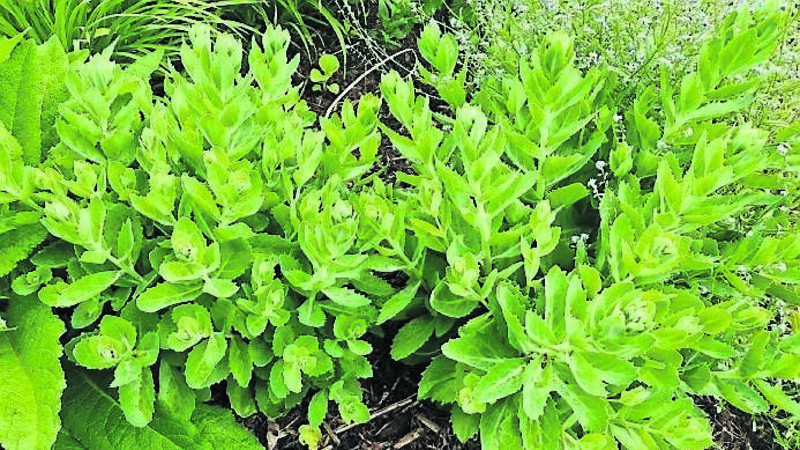
The Herbstfreude before pruning.
The recent rain has helped to green up the garden once again after a pretty dry May overall.
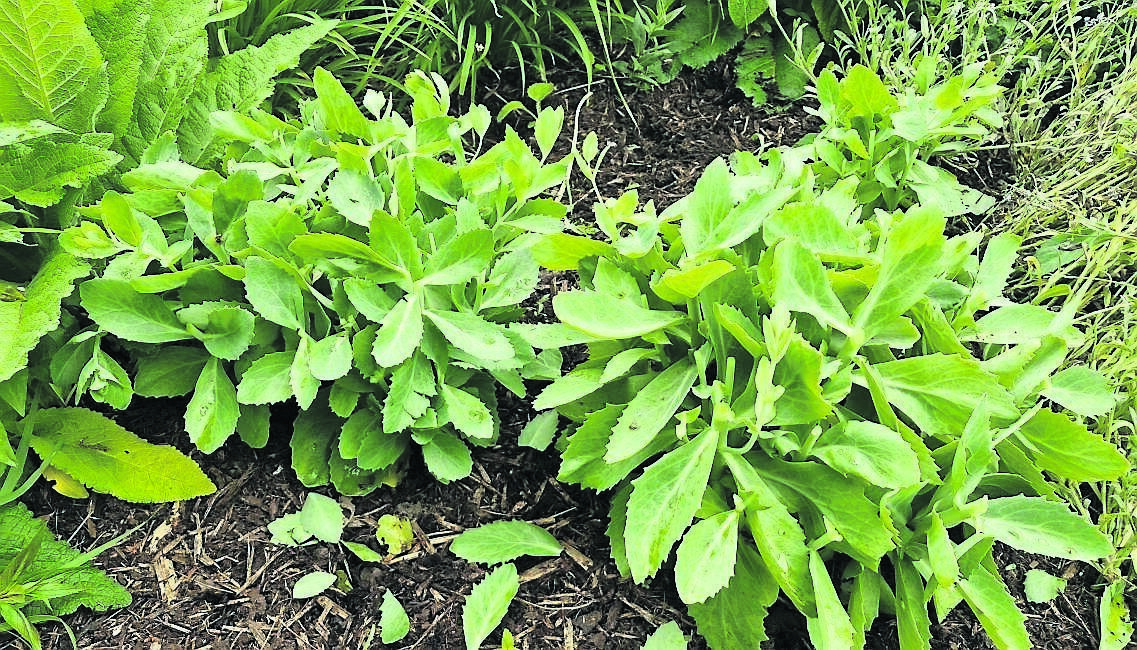
It took its name from the timing coinciding with the famous Chelsea Flower Show, which happens in late May.
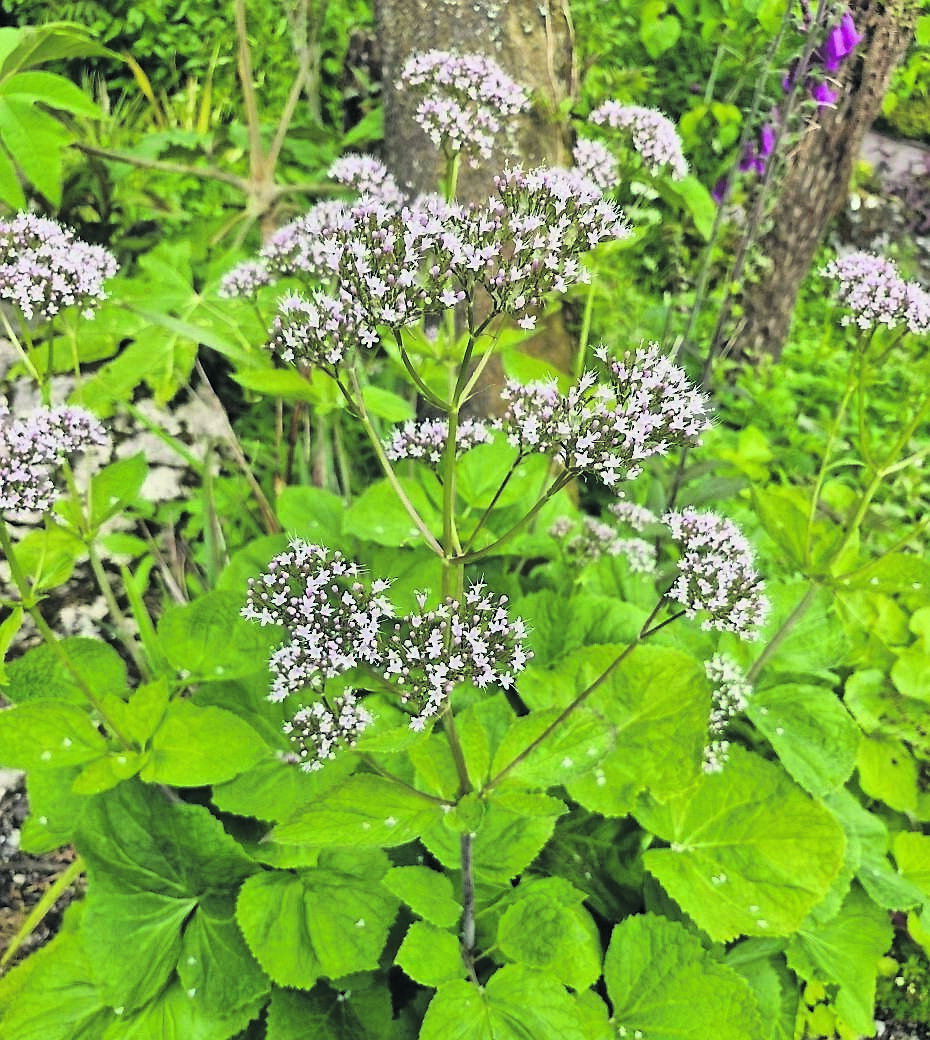
This clump-forming perennial has large heart- shaped green leaves, reddish stems, and small clusters of pale purple flowers which are rich in nectar and pollen, borne in May, June, and July.


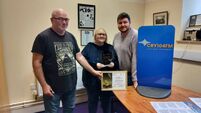
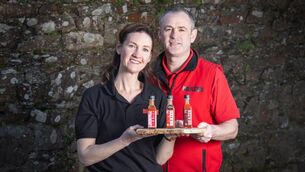



 App?
App?


